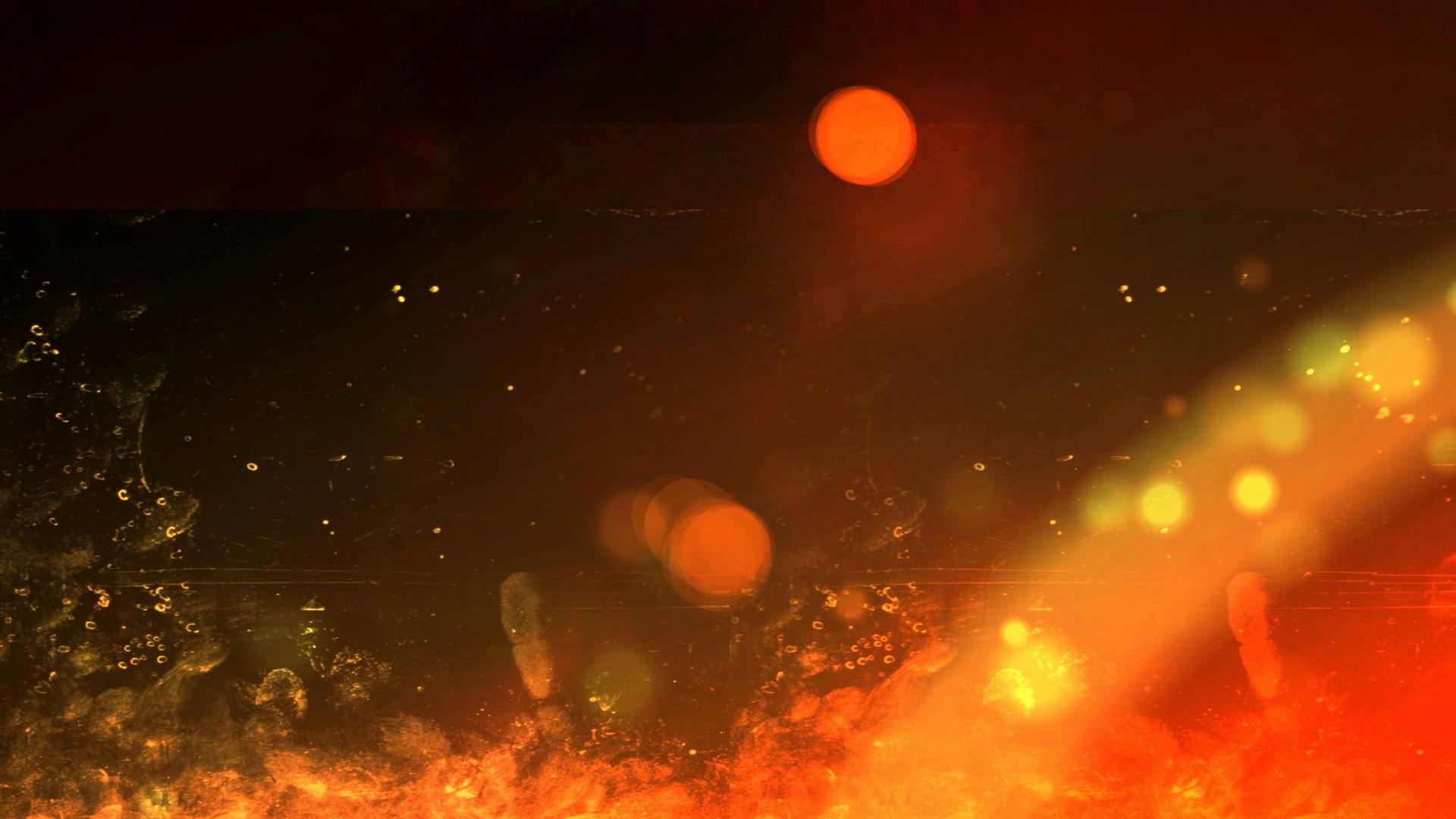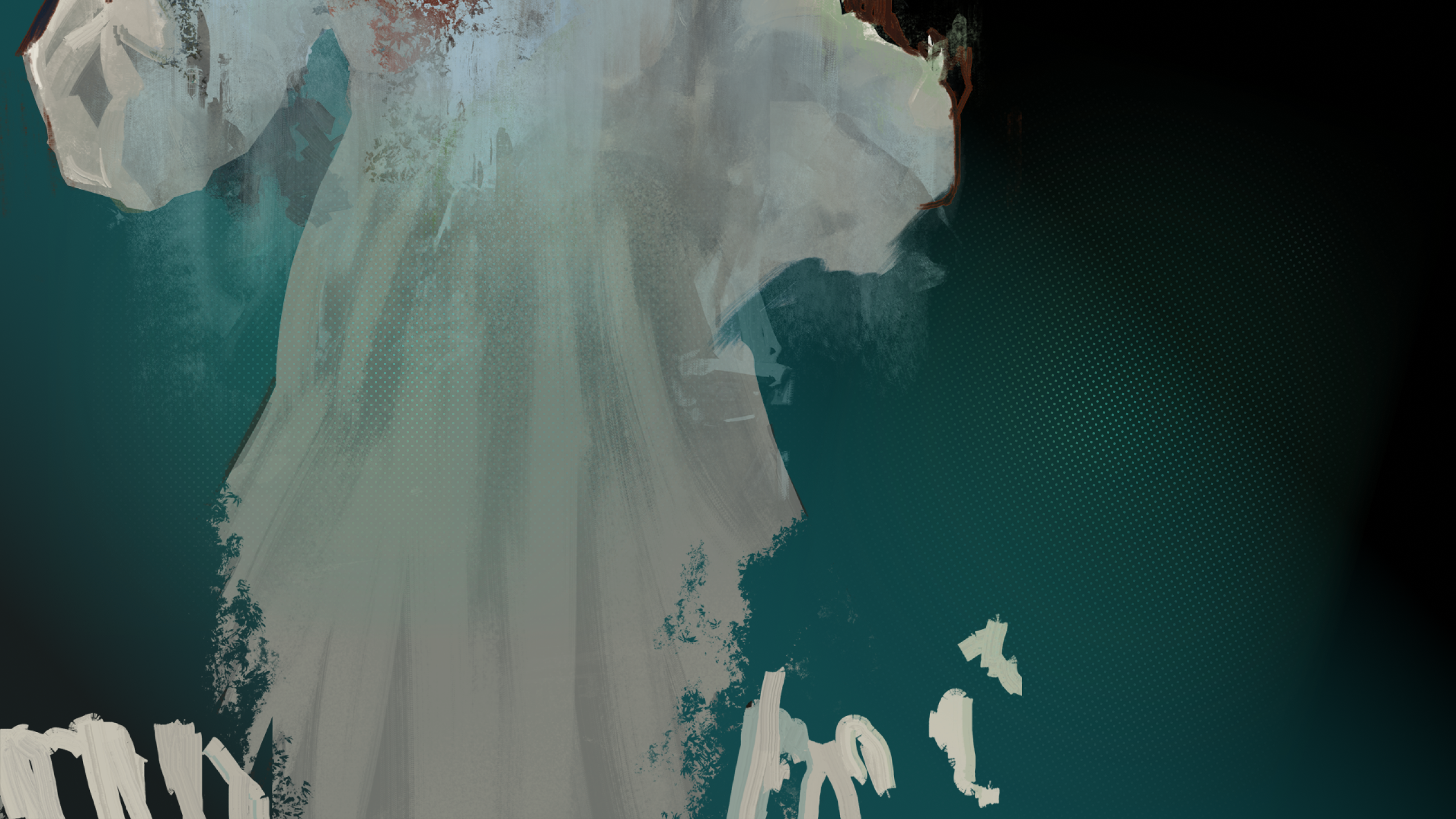The world of No Truce! (we do have an official name for it, but all in due time) is not what you’d call “a generic genre world”. It is not pseudo-medieval stasis, as Forgotten Realms was, nor is it Fallout’s campy barbarism with guns. It is also not a Harry Potter/Batman/vampire fantasy world, which is basically “our world with a secret/special world within it”. Neither is it the tech-obsessed ‘punks’ of steam and cyber. It’s a modern fantasy world, a fantasy world in its modernity, which roughly corresponds to the middle part of our XXth century. Now that kind of thing opens up an array of new possibilities. It is a world with a promise of non-staticness, meaning, things appear undecided — they could go one way or the other. It is close enough to our own world for things to have meaning in it, it is a proper frame in which to explore themes relevant to our own society such as bigotry, power relations, politics, bureaucratic apparati, geopolitical relations, philosophy, ideology, religion et cetera. A pseudo-medieval world is not a proper frame for truly exploring themes of, for example, sexuality, for it lacks 1) a proper concept of sexuality, 2) an actual idea of societal progress and 3) a clear ideological dominant, which would be the place where values come from. All you can do in a static, societally unstructured world is give out-of-place shoutouts to present day communities for cheap popularity (“this is exactly my sexual orientation, how did they know?!”).
We find the ideological dominant missing because the western world is traditionally culturally critical of ideological dominants – critical of both state and religion. Anyhow, a classic fantasy world would feature two main ideologies – the “good” and the “evil”, of which the former is selfless and compassionate, but the other one is selfish and cruel. The attempts to overcome that have given us the Grittywelt – a world in which everyone is an asshole and pessimism rules the day. Unsurprisingly, Grittywelt is also static as hell and meaningful change is foreclosed from it. It is a “protection from false hopes”. As such, it is heavily unrealistic. Much more realistic would be people living in super gritty conditions, but not looking the part, that is, not really noticing the abnormal harshness of their conditions, because they don’t have much to compare them to, and being hopeful towards the next day, because surprise! This is how you do it. Survive, I mean. Being depressed is a luxury. In a way, I’d say we’re trying to create the obverse of the Grittywelt – a world in which everyone is empathizable, sort of a hero of their own story.
The modern era is also a fitting vessel for anachronisms – do we not have actual cyborg limbs and donkey-pulled carts operating in the same world at the modern era? Capitalism can also contain little feudalisms in a way, in which a single man or single family controls the entire economy of a town or a village and profits from it. And at the same time, it can also contain little socialist utopias, scientist villages, in which everything is provided by the State. Aside from being a basic feature of reality (anachronism is nothing more than time failing to fit the stereotype about it), it is also a lovable creative tool, allowing for a plethora of what-if-scenarios. Imagine a modern world, only without television; imagine a modern world in which there never was a global war, imagine a world in which fossil fuels are less available. Now, if you will, imagine one which has forgotten its antiquity, and one, in which there is not just water between the continents, but something worse as well — an anti-reality mass we call “pale” (also more on that later). Now imagine one, which has a legitimate and operative “religion of history” in place, which seeks for people it deems special enough to be the “vessel of progress”. (This is not an alternate history thing, by the way. An alternate history takes place in our world quite recognizably and has no more than one divergence point from history as it happened.)
One might ask, why would we not create an even more modern world, if we wanted to maximise our possibilities? Well one of the answers is that it would have destroyed the necessary element of escapism, another is that we cannot create a good alternate Information Era because we ourselves fail to understand the Information Era (More precicely, we have the information era in its infancy and it works via radio relays). We are too close to it and it is too new to understand it, it is “in progress”. The third reason would be that technology is not a fascinating subject for modern science fiction. It’s become a natural part of our reality. We don’t believe it’s going to save us anymore – it has failed to deliver for too long. I am of the belief that the themes of science fiction today are societal, political and psychological (one could maybe add aesthetical to it, for we also love the world for its beauty). All fantastic or sci-fi elements are means for best exploring those themes.
I have filled my page. That’s all for the time being. Thank you for reading.

Martin Luiga
Writer



